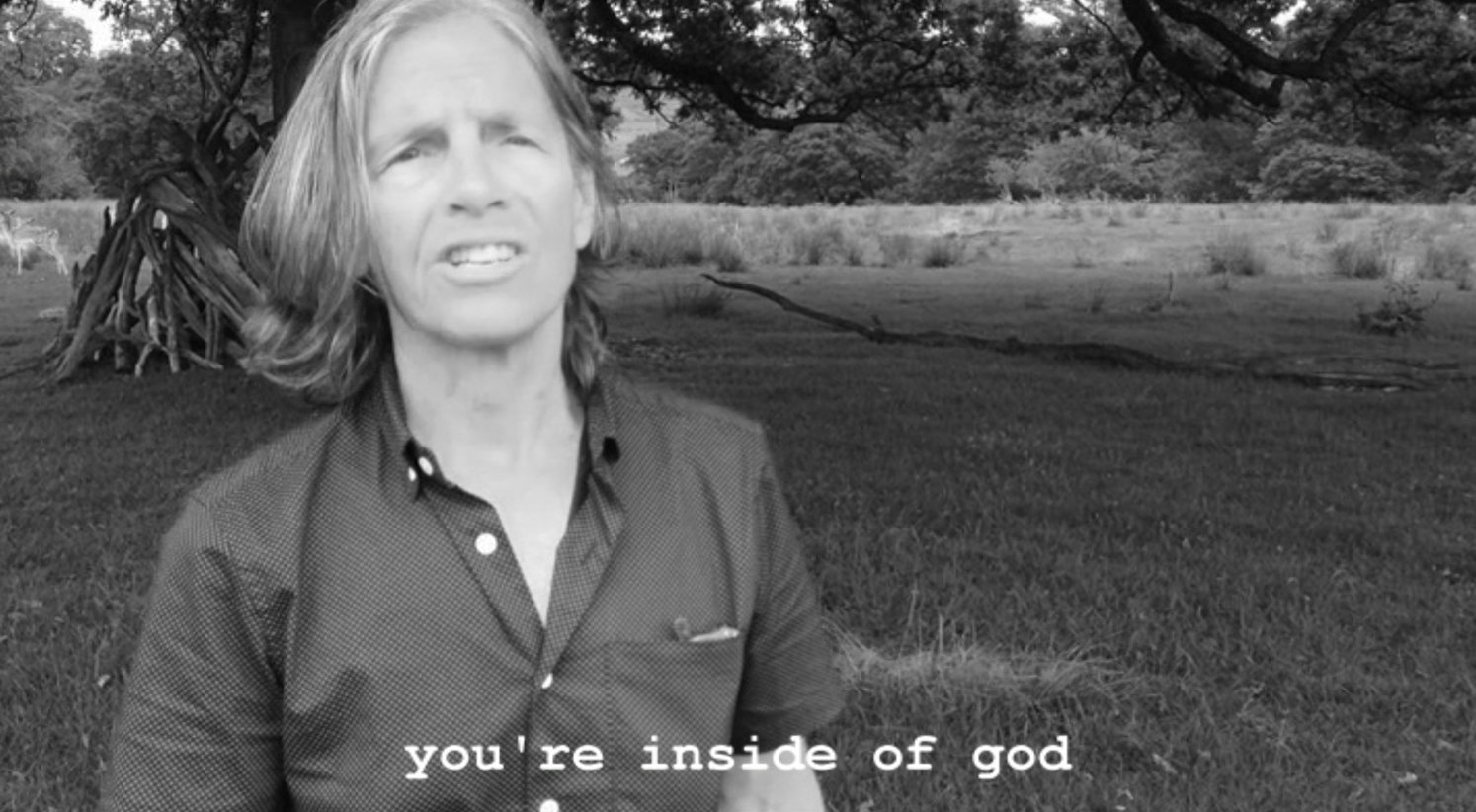28 Aug 2021
Text
Eileen Myles, “Deliberately Lost”

I’ve known Ruth Novaczek’s work for almost ten years but the rough and disarming paw of it reaches back much further than my knowing. She has made 35 films, she tells me some are lost, some deliberately lost. Tea Leaf from 1986 is the first one that’s “out there.” The lost thing you can find. Tea Leaf strikes me as the film was made at a moment in which pure autobiography vanishes from her work. It vanishes right at the start. I asked her why she made it, why she makes films at all and she said many things but she didn’t answer my question. So I’m going to make up her answer. She loves melodrama, she’s steeped in it but she’s disobedient to its unerring narrative. The feelings are right but the ending (the meaning) is wrong. Cause noir serves men. And Novaczek’s don’t. They’re sulky, irresolute.
In one of her films someone says “she didn’t have an ending then.” And Ruth’s own work starts with an ending. What’s punk about her work is it’s entirely post. It’s post Ruth Novaczek. She told her story and now she’s constructing a teeming fabric of lost female others. We’re in this bountiful free fall. The films inventory, the forces that give shape to this sullen collec-tivity: sexual assault, otherness, playing in punk bands, abiding love of the sky and the sea and how neon makes the openness of night filmic. Novaczek’s work is the opposite of coming out of a matinée into day. Even when it’s day there’s no day here. The night is female, it’s no one’s and it’s anyone’s. It’s the intruder’s time, the time of the spy. Suddenly she plays the guitar and just as suddenly she stops strumming. She’s our Godard. Besides the sky and sea, besides restaurants and convertibles and corridors and table-tops and columns there is one character prowling which is Ruth Novaczek’s own voice. It purrs and is raspy, it is melodramatic, coaxing and dismissive. Yet it organizes the film. The starlet from some clip begins speaking then Ruth’s voice swoops right in over her. That swift doubling, this subtly violent pastiche, that monologue-slashing gesture effaces female speech to a purpose which is to remind us that most of these cameos of beautiful women, all those voices, all those clips were written by men. What does that mean. Undone now in this vanishing, reviving, lost, colliding, soaring body of almost tossed off moody short films there is a solution — an army of uncomfortable women are proclaiming their lostness, these are the spies, a loose collectivity operating within in an entirely new day, “the new world,” and yes those icons are speaking now. It’s raining them.¹
¹ The phrase was coined, well sung, by Dina Martini, a drag queen performing in Provincetown MA this summer.